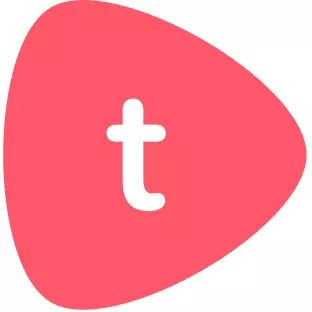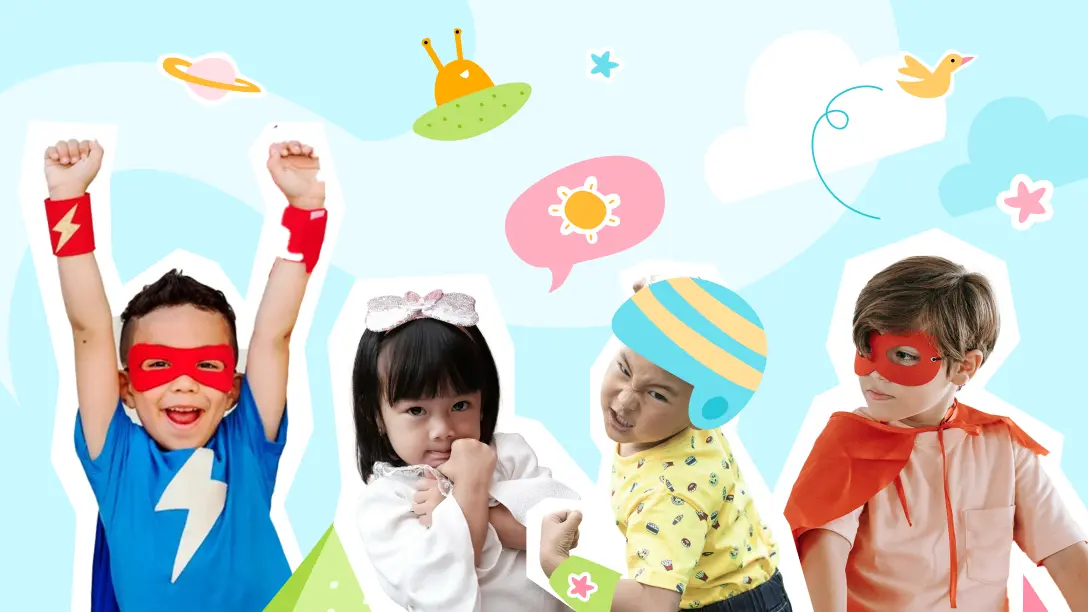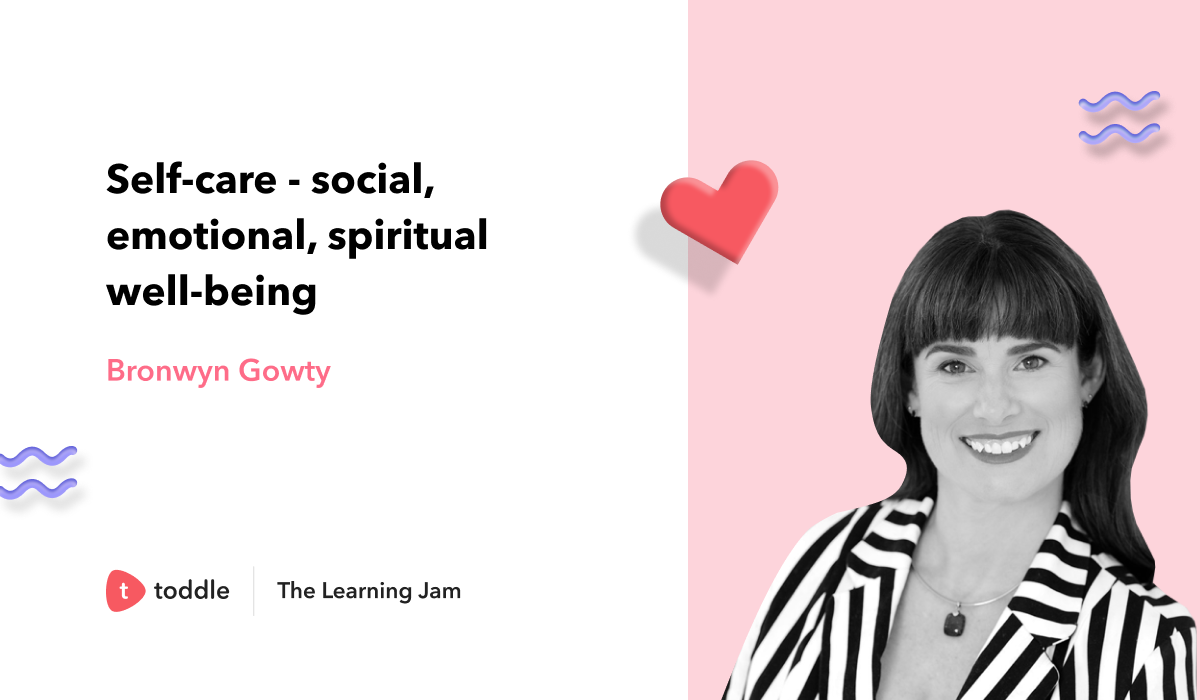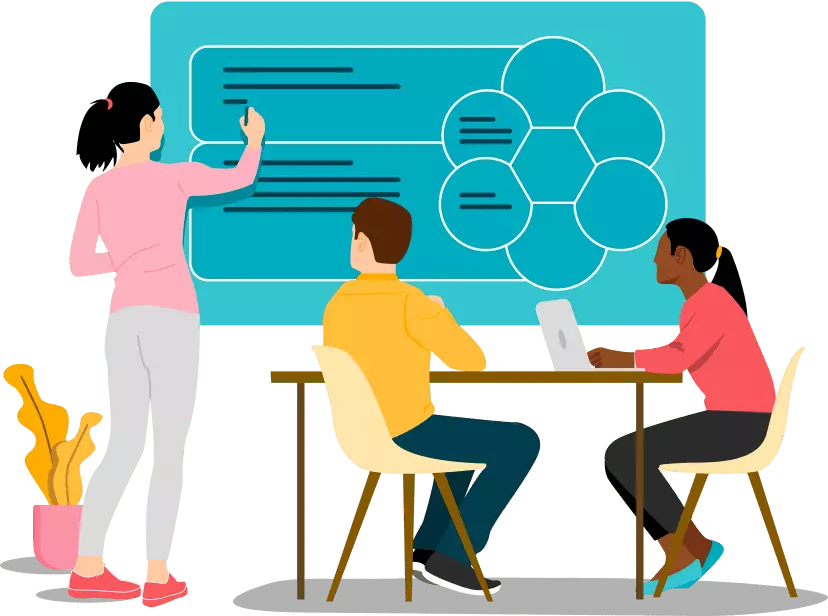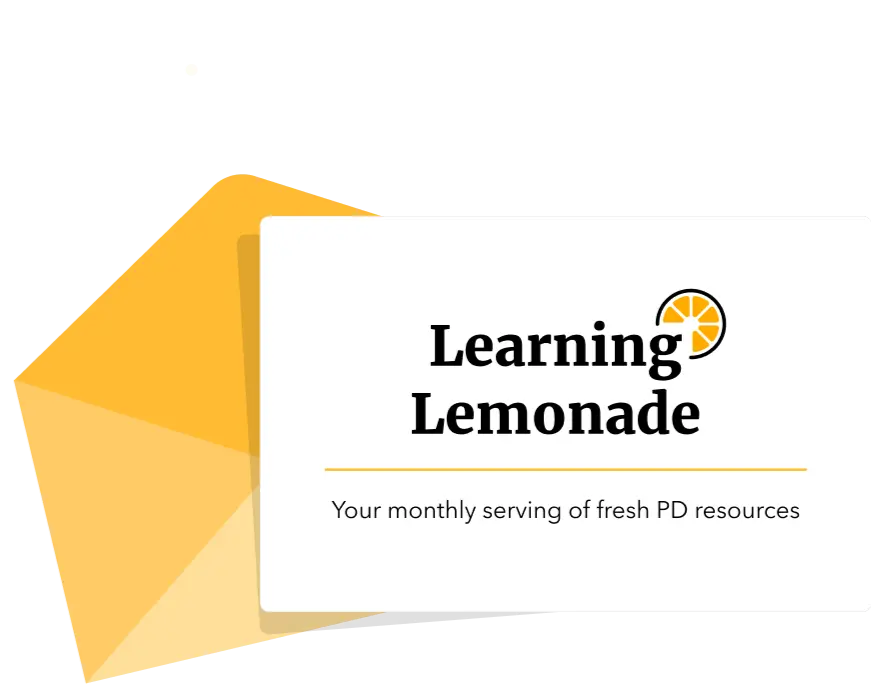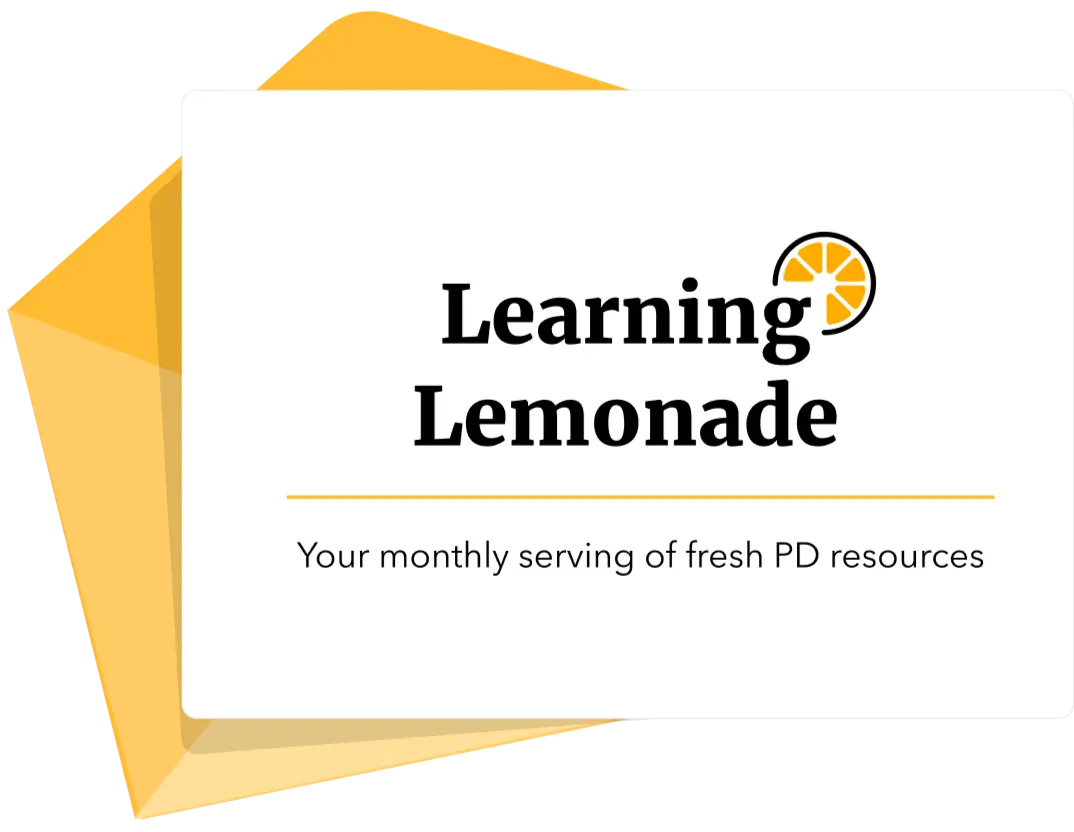10 Student Reflection Prompts for ATLs
Helping students understand how far they’ve progressed with skill development
The ATLs are integral to our student’s development throughout the MYP and all of the IB programmes. Though there are focus ATLs for each unit and summative assessment which we explicitly teach, there may be other skills that students develop implicitly over the course of a unit. It is important to create opportunities for students to discuss their skill acquisition and progress as they make their way through the MYP. Here are some reflection prompts that can be used to help students think specifically about the ATLs and their goals in relation to skill development in each skill cluster. Many of the activities can be modified slightly to look at different skills, but the idea is to have students and teachers reflecting regularly on the success of ATL skills development.

Show me change
This activity asks students to reflect on their use of various communication skills. The instructions below address the concept of change, but this could be changed to fit with any concept. The students must show understanding of an important concept in their unit without using only words. Asking the students to act out something or communicate in a non-traditional way not only shows their understanding of the concept, but also develops their communication skills. You can have the students reflect after the activity and discuss how to improve their communication skills overall.
Change is something that is all around us, all the time. In order for us to better understand change and our ideas about it, we are going to show each other change.
Ask students to:
- In pairs, you are to think up an interesting way to communicate change
- You may use language or interaction, but the idea is to show us, not just tell us.
- Once done, write down a brief reflection:
- How did you feel communicating in a different manner? Was it effective?
- Is there anything that you’d like to work on or add to your goals to communicate more effectively?

Two Stars and a Wish
This activity is helpful in having students identify key areas of success, as well as areas that they need to work on. You can provide students with a list of the chosen skill indicators for your unit to have students reflect more deeply in one area. You can also print out a copy of the collaboration skills posters provided here.
Ask students:
- Write down two things that went well in your collaboration that you’d give yourself a star for
- Write down one thing that you wish to do differently next time
- How would you change this?
- What do you need to put into place?
- Think about the skill indicators provided to direct your reflection and which areas you were stronger in than others.
- Is there a particular area that you would like to focus on moving forward?

Tweet your understanding
Have students write a tweet – 280 characters or less – to summarise the critical thinking that you did in this activity/lesson/unit. They would need to focus on one particular issue and identify how they are thinking critically about it in a way that they were not before. This could be used at the beginning and/or end of the unit or even as an exit ticket within a particular lesson.
Ask students:
- Think about how your view changed?
- Consider if you are feeling critical about any one particular area?

KWCLP
This is an adapted KWL chart to help students think of creative ways of finding and presenting information for their classes.
Ask students:
- At the beginning of the unit: Fill out the first three columns in this table individually
- During the unit: Get into groups and list out new learnings in column 4. Then think about creative ways you can present these new learnings and list them in column 5.


How do my skills transfer?
So much of what is learnt at school can be applied in different contexts, but students often struggle to apply their knowledge in different situations. To help the students identify opportunities for transfer you can have them identify other areas where they have already used this learning. They then brainstorm ideas of new applications of the same knowledge and skills.
Ask students:
- Think about what you’ve learned in your current unit – both skills and knowledge.
- Brainstorm where you have used this in other subject areas already:
- This can be in previous years or units
- What about outside of school? Have you used these ideas before?
- Now think about different ways that you think that you can apply these new skills/knowledge:
- Is there another subject area that might work?
- Could you use/apply any learning outside of school?


Let it flow!
Seeing a process visually can be incredibly powerful for students. This activity asks them to reflect on their progress towards a particular goal. They can identify the areas that helped them to be successful and also the areas that inhibited progress. The questions can be modified as needed. The key focus is that students are not just writing goals for themselves and forgetting about them, but thinking about their goals throughout the process and after in order to improve their outcomes moving forward.
Ask students:
- Reflect on the goal that you had for a unit or project to put systems in place which will help ensure that you are successful and always growing.
- Create a flowchart like the one below. Fill in your goal and respond to the questions indicated based on your responses to the prompts
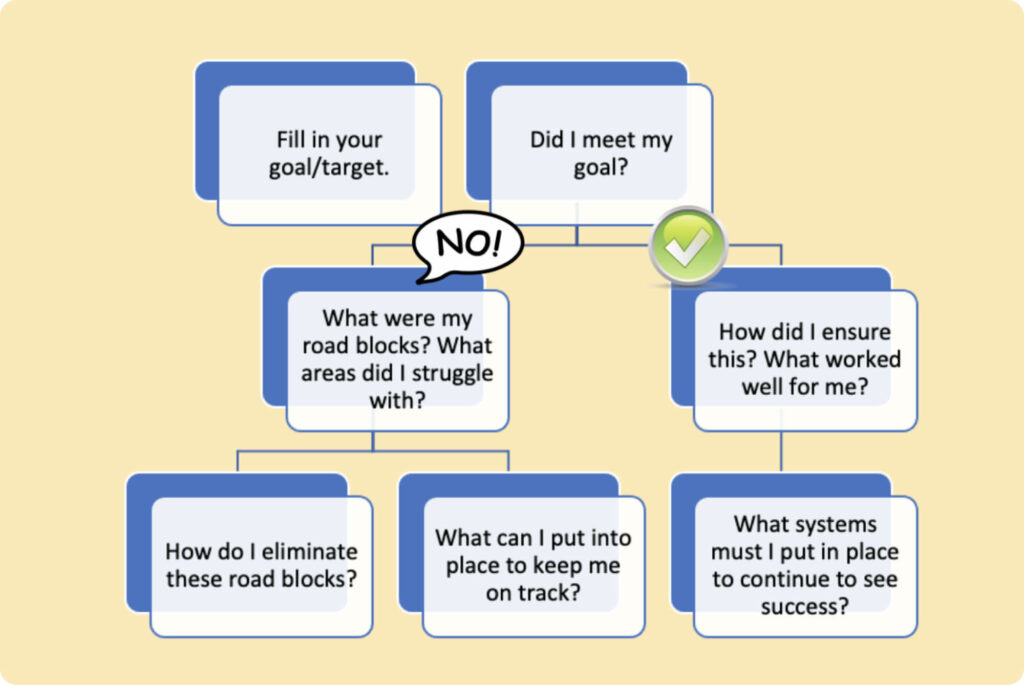

Managing state of mind
The impacts of state of mind are seen in all aspects of school life. This activity can be completed as part of an advisory or social-emotional discussion, or within specific classes. Students can think about how these areas can affect their learning and examine different strategies that work for them. It would be interesting to look at the impact of self-management skills at the end of an assessment to understand how focus, perseverance, resilience, etc. helped or hindered the student in achieving their best.
Ask students:
- Take note of the skill indicators listed below, and reflect on the following questions:
- Did you feel successful in any of these areas?
- If yes, why? What strategies did you use to achieve this?
- If no, why? What didn’t go so well?
- What can you do to improve?
- What strategies might you try?


Journaling Reflection
This activity is a reflection that could be used to think about the use of skills for any class at any level. You can focus on particular areas or skills or look more generally at a unit.
Ask students:
- In small groups, come up with prompts as a class to brainstorm on your skill progression: For example:
- What skills did I use during the unit and what could I do to improve in future?
- What questions do I still have about these skills?
- How/where would I find more information?
- What areas did I struggle with?
- Write continuously for 3-5 minutes to get as many ideas down as you can. This can take any form – it could be a paragraph or a mind map – but there should not be any editing or erasing; continuous writing only.
- Organise your notes afterward into the ATL categories – by colour or into a chart.
- Discuss as a class if there are common areas that can be a focus for a future unit.

Ranking my skills
This activity can be used to help students highlight the skills that they have used within a unit and assess their use of the same.
Ask students:
- Use the table below to identify the skills you may have used or been introduced to during the unit.
- Rank your use or application of each skill from 1 to 5. Based on your personal ranking, think about what you can do to improve or maintain success in different areas.

The table could also be used as a baseline assessment to have students rank themselves at the beginning of the year or unit and then assess their growth at the end.

Media Reflection Questions
In today’s digital, interconnected world, ensuring that our students are media literate is essential. With this activity, you can have students reflect on their understanding of how they are selecting, consuming, and utilising various media sources.
Ask students:
- Use the questions below to think critically about your use of media in your current work and how you can improve these skills in future units.
- Did I use a variety of sources and media (including digital social media and online networks)?
- Did I analyse different interpretations of the event/idea that I researched?
- Have I analysed the mode of presentation?
- Have I found different perspectives? How do I know?
- Have I sought out a range of sources? Is there any area missing?
- Did I use an effective mode of communication for my audience? Would another format have worked better?
- Can I make connections between the media resources that I’ve used?
- Thinking about my responses above, what do I need to put into place for next time?
There are so many skill indicators to focus on throughout the MYP that it can be overwhelming for both teachers and students. Hopefully, a few key reflections for each skill cluster can spark discussion about skills and lead to positive growth. These are just some ideas to get you started. You can always tailor them to suit your context, or even use them as starting points for reflecting on your own teaching processes.


